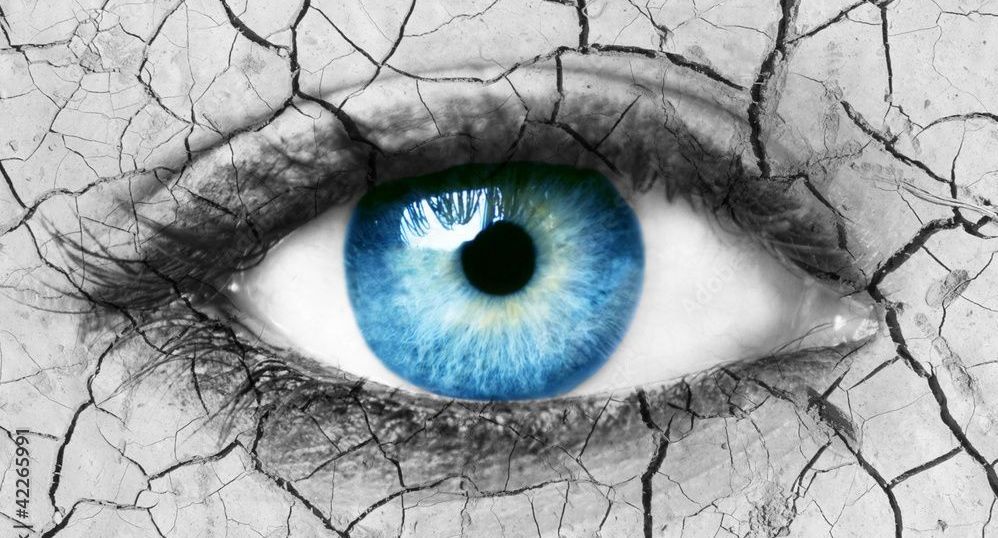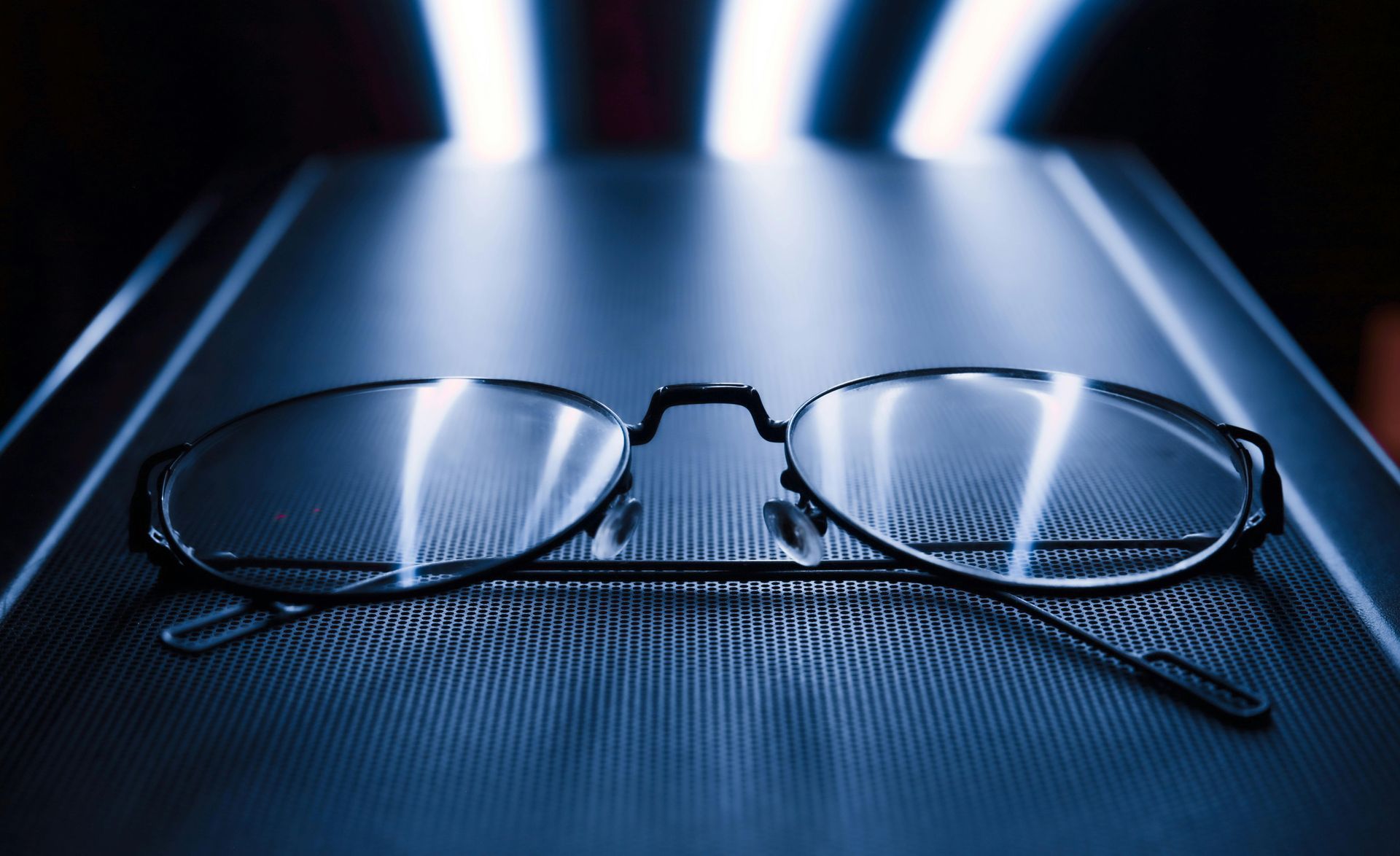Retinoids and your Eyes

Blog vol 5.33. Retinoids and your Eyes
Retinoids: a class of chemical compounds that are natural derivatives of vitamin A or are chemically related to it. These compounds are used in cosmetics, dermatology, and cancer treatment. (Wikipedia).
It has been some time since we had to deal with the side effects of retinoids — specifically 13-cis retinoic acid. From the 1980s into the 2000s, teens challenged with severe acne were prescribed an oral drug called Accutane, a retinoid-based medication that has subsequently been discontinued because of undesirable side effects such as depression, increased blood sugar, problems in pregnancy, high blood pressure, increased cholesterol, and VERY DRY EYES. Aha! The eye connection.
Recently, one of my colleagues was using a cream around her eyes and noticed that her eyes were much more dry than normal. The cream does work, but… you guessed it, it has an active ingredient which is a retinoid. Ironically, she was getting very dry eyes from using the “moisturizer”.
It should be noted that the cream was helping the skin, but research showed that this is a case of “Retinoid-itis”.
Time to review the literature. What is 13-cis retinoic acid (or its equivalents)? and how does it dry the eyes?
The cis form of retinol is changed to the more potent “trans” form that is known to reduce the breakdown of your body’ s own steroids, resulting in a reduction in inflammation. Its main action is the apoptosis (programmed cell death) of sebum-producing cells (sebum: oily substance that hydrates and protects the skin; in acne the sebaceous glands produce too much sebum causing clogged glands…) which then reduces sebum in the skin tissue. This is supposed to reduce acne, but ALSO DRIES the eyes and other tissues.
What is surprising is that these retinoids are included in creams made for use around the eyes. Be very careful, these retinoids don’t just affect the sebaceous glands, they also affect the Meibomian glands responsible for producing stable tears in the eye. Thus, dry eyes.
Be careful, read the label, no retinols in your facial creams. If you have to use a cream with retinol, do not apply it near the eyes. We have enough problems with dry eyes without adding more.
Til next week,
The good doctor






